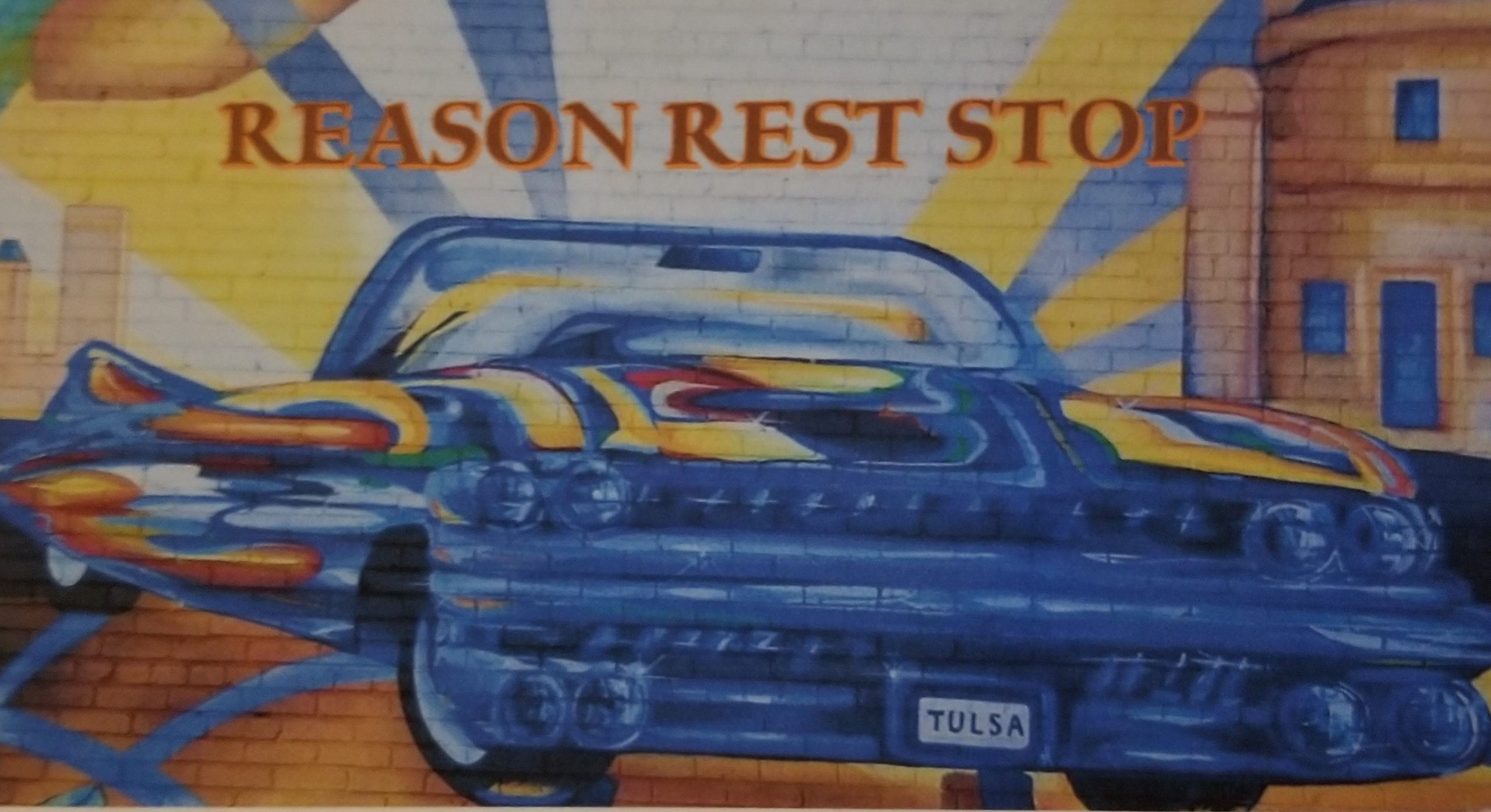Ever since that magical time in my youth when I acquired an eclectic taste for not only his music but the dark humor and excoriating social commentary of Frank Zappa, I have often retreated into my happy place where I keep my personal altar to one of my favorite musical and messaging geniuses. Of all the great entertainers and enlightened minds that we have lost over the past twenty-five years Zappa ranks among the two I miss the most, the other being Mr. George Carlin. Tulsa’s Circle Cinema was the venue on Friday evening for the premier of the new documentary film on the life of one of my all time favorite musicians, Eat That Question: Frank Zappa in his own words. There was even a Frank Zappa trivia session in the Circle’s gallery before the screening of the film. Prizes were actual vinyl LP albums of Frank’s work. Even though I was buffed after having listened to most of the album Sheik Yerbouti on my way to the theater alas, so many of the other attendees were so much faster than I was at answering the queries. It was a fun and interesting exercise all the same and a joy to be sitting among so many fellow Zappa fans.
Since 1979 I always thought I liked Frank Zappa for all the right reasons. He made music like none of his contemporaries and orchestrated lyrics that not only grabbed one’s attention but often provoked thought about subjects most would likely never ponder. I will go so far as to say among Zappa’s fan base that many like myself considered him a genre unto himself. Watching the film Eat That Question reaffirmed for me in a huge way that I indeed liked Zappa for all the right reasons and not all of them had to do with his music or lyrics.
Frank Zappa was a passionate civil libertarian, a staunch proponent of separation of church and state, a caustic critic of government censorship and a vehement supporter of voting rights. He was also what most would consider a model citizen given he was married, was a responsible parent of four children, had a home and mortgage and was an astute and successful businessman. It is fair to say he was many things that many of his critics thought he likely wasn’t given his profession and his outlook on life. What is truly regrettable is that he did not survive into the age of social media. Oh, what we wouldn’t give to have Frank around today. In 2016 we are indeed seeing the results of the economic and social policies which have been the bedrock of our American government for the past thirty-five years and what so much of Zappa’s work pushed back against. He was visionary in that he foresaw the decline of American media much of which has been generated by industry driven consumerism. He did lament on many occasions the failure of American education and its results going forward. One thing I did pick up on in the course of watching the many interviews with Frank during the film was his keen understanding the social, religious and financial forces at play within American politics, government and society and his seeming sense of helplessness in thwarting them. Mind you, he said these things roughly two decades before the Citizens United decision.
The film did not go into any real focus on any one concert or album of Zappa’s body of work, which I must admit did cause me a tiny bit of disappointment. What the audience saw was a very informative series of interviews through which emerged a portrait of a very responsible, very successful and in the end a very respected American original. Frank Zappa could not be bought or rented for any one cause or viewpoint as was demonstrated at a show in Berlin, Germany where pro-Communist students were seeking his endorsement for their ideals and cause. According to Frank, he turned up the volume of the music he and his band were playing and it pushed the students back from the stage.
A blog post concerning a documentary film about this particular artist would be incomplete without a blurb explaining my favorite Zappa album. Even though I always loved hearing clips and songs from albums like Studio Tan , Zoot Allures and Sleep Dirt, my all time favorite was one I first heard in late 1979, that being Joe’s Garage. The album came with an insert explaining the story it told in three acts, that being about a fellow named Joe who chooses to have a career in music in a dystopian world where music has been outlawed. This at first of course seems very far fetched but when Zappa reminds everyone what had occurred in Iran in February of that very year (the Islamic Revolutionary Council outlawed music), it suddenly did not seem so implausible. I will admit that Joe’s Garage is the album that made me a Frank Zappa fan forever.
Near the end of the film the one issue that is discussed by Zappa in an interview from late in his life is that of voting, an issue which is very near and dear to Yours Truly. The interview was taken from this series of clips, but it spoke directly to me. Like I said above, for the longest time I thought I liked Frank Zappa for all the right reasons. This film validated that for me again in no uncertain terms. Admittedly, I am a partisan Zappa fan so it is hard for me to give this film less than a five out of five star rating.

